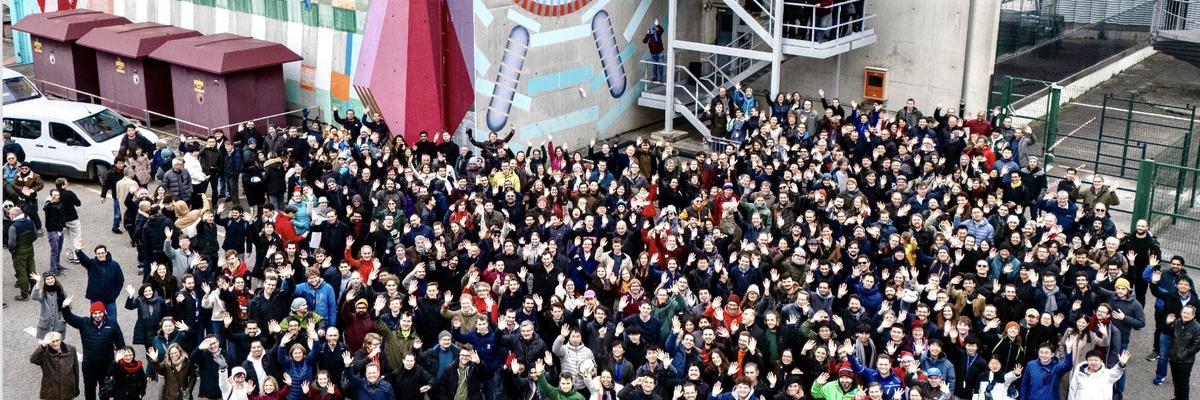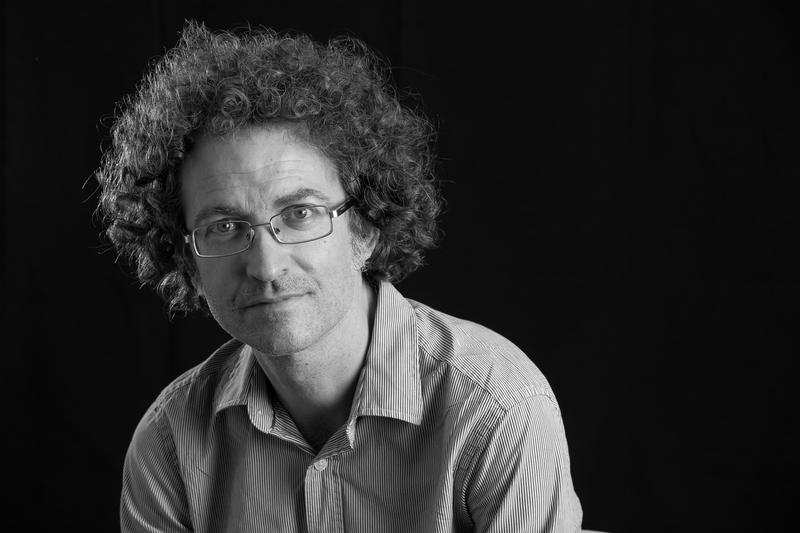Highlight
Aurelio Juste appointed Physics Coordinator of the ATLAS experiment at CERN
September 29, 2025
- Aurelio Juste, ICREA Research Professor at IFAE, has been elected Physics Coordinator of the ATLAS experiment at CERN
- He will begin a one-year term as Deputy Coordinator on October 1, 2025, before assuming the full role in October 2026.
- The Physics Coordinator organises the collaboration’s scientific programme and oversees the publication of results.

The ATLAS Collaboration at CERN has elected Aurelio Juste, ICREA Research Professor at the Institut de Física d’Altes Energies (IFAE), as its next Physics Coordinator. He will be the first Spanish scientist to assume this role in ATLAS. His mandate spans two years: starting on October 1, 2025, he will serve for one year as Deputy Physics Coordinator, followed by a second year, beginning in October 2026, as Physics Coordinator.
The ATLAS experiment at CERN, near Geneva, is the largest particle physics experiment in operation today. It records data from proton–proton collisions at the Large Hadron Collider (LHC), which scientists use to investigate the fundamental components of matter. The collaboration includes about 3,000 members from over 170 institutes in 40 countries, who are responsible both for operating and upgrading the detector’s many subsystems and for analysing the resulting complex datasets. As a multi-purpose experiment, ATLAS explores a wide range of questions in particle physics, from precision studies of known processes to searches for new phenomena beyond the Standard Model. One of its landmark achievements was the discovery of the Higgs boson in 2012, together with CMS, yet key mysteries remain unsolved — such as the nature of dark matter, which current theory cannot explain.
The Physics Coordinator is one of the top leadership positions within ATLAS, responsible for organising the collaboration’s scientific programme and overseeing the production of around 100 publications each year. “It is a great honor to have been selected as Physics Coordinator of the ATLAS experiment,” says Aurelio Juste. “This role carries a special responsibility, as it involves guiding the scientific programme of a community of about 3,000 physicists, ensuring the quality, coherence, and impact of the analyses, and helping to shape the future direction of the experiment.”

Juste obtained his physics degree at the Universitat Autònoma de Barcelona (UAB) and completed his PhD at IFAE, working on electron–positron collisions with the ALEPH experiment at CERN’s former LEP collider. He then spent over a decade in Chicago, where he held leadership roles at Fermilab’s D0 experiment, including that of Physics Coordinator, before returning to IFAE in 2009. Since then, his research has centred on ATLAS at the LHC, with a focus on the top quark, the Higgs boson, and searches for new phenomena beyond the Standard Model. Within ATLAS, he has held other leadership positions, such as convener of the Exotics working group, where he lead a team of about 600 scientists pursuing a broad program of new phenomena searches, as well as Chair of the Publication Committee, being responsible for the review and approval of all ATLAS publications.
“This mandate will coincide with a crucial period for our collaboration, marked both by significant challenges and by highly stimulating opportunities,” explains Aurelio Juste. “These include consolidating a high-impact physics programme based on the vast amount of data collected by ATLAS during LHC Run 3, as well as preparing for data analysis in the High-Luminosity LHC era, scheduled to begin in 2030. Together, these efforts will help shape the next chapter of particle physics.”
Juste’s appointment also underscores the significant role of the Spanish particle physics community at the LHC. In parallel, Guillelmo Gómez-Ceballos, researcher at MIT, has been elected Physics Coordinator of the CMS experiment. As a result, the two flagship detectors at CERN—ATLAS and CMS—will both have their physics coordination entrusted to Spanish scientists, marking a milestone in the community’s international recognition and leadership.
- Additional Material
- ATLAS EXperiment
- IFAE Research group
- Collider Physics Group
- Contact
